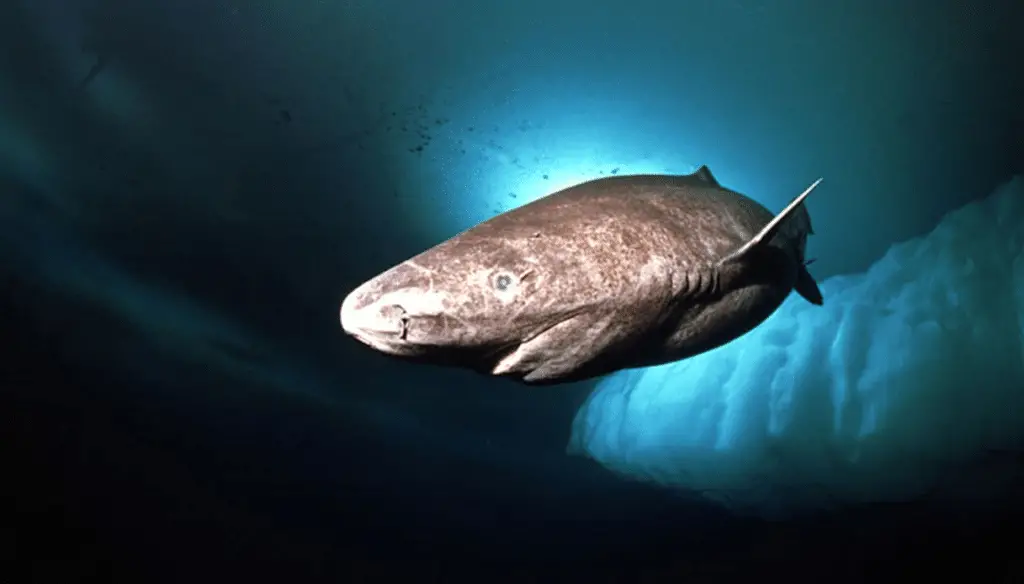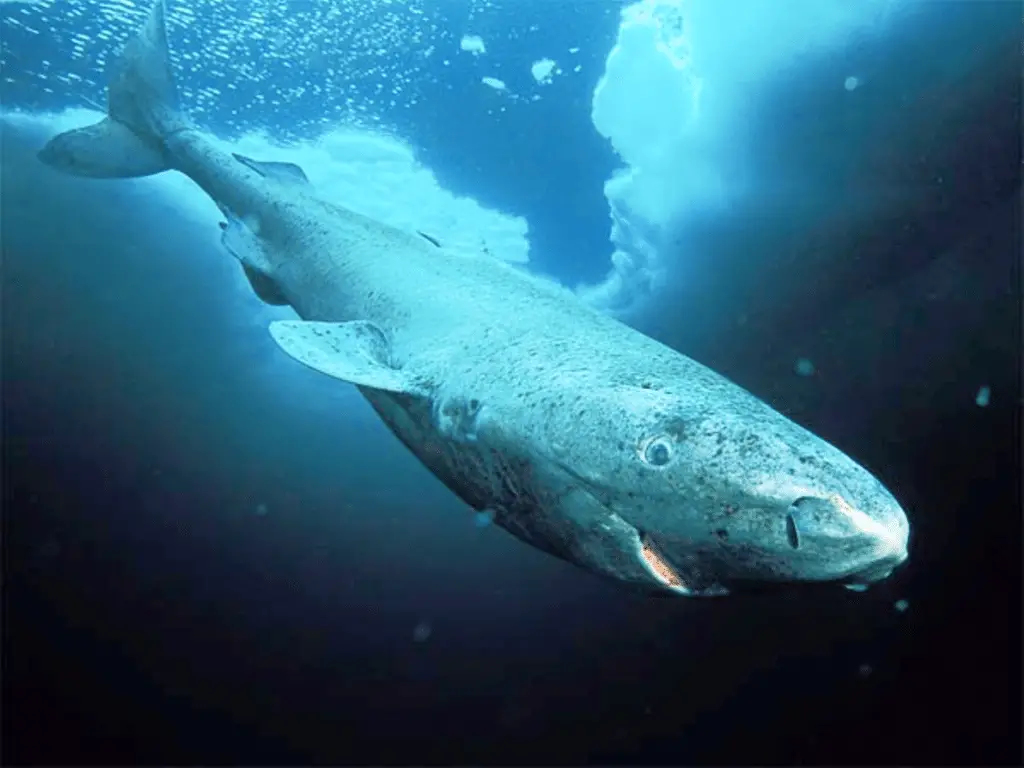Greenland sharks (Somniosus microcephalus) are fascinating creatures that inhabit the frigid waters of the Arctic Ocean and the North Atlantic. These sharks are known for their incredible longevity, with a average lifespan of at least 250 years and the possibility of radd over 500 yearsmaking them the longest-lived vertebrates on the planet.
But what allows these marine giants to live so long? Recent research has finally revealed the secret behind their extraordinary longevity: their metabolism unchanged over time.
Greenland sharks live in extremely cold environments, with water temperatures that can drop to 29 degrees Fahrenheit (about -1.7 degrees Celsius), extreme habitats that led scientists to hypothesize that their longevity was linked to the ability to survive in such conditions, despite this new discoveries suggest that the real secret lies in their unique metabolism.
Metabolism is the chemical process by which enzymes break down nutrients into energy and use this energy to build and repair tissues, and in most animals, the metabolic rate decreases over time, leading to reduced energy production, slower cell repair and regeneration, and a decreased ability to eliminate cellular waste products that can cause further damage to cells.
That said, in Greenland sharks, metabolism appears to remain constant over timewhich could explain their ability to live for centuries.
This discovery not only challenges previous scientific hypotheses, but also has important implications for the future of Greenland sharksunderstand how these sharks manage to maintain an invariable metabolism, could provide new insights on how animals adapt to climate change and how we can protect these unique and vulnerable species

Recent research has revealed that the metabolism of Greenland sharks remains constant over time, a phenomenon that contrasts with most other animals, this invariable metabolism has been identified as a key factor that contributes to their extraordinary longevity.
Scientists conducted a series of tests on muscle tissue samples of sharks, measuring metabolic activity at different ages and temperatures, and surprisingly, they found no significant changes in the metabolic activity of shark muscles at different ages, suggesting that their metabolism does not decrease with age.
Greenland shark muscle enzymes are more active at higher temperatures, indicating that they are not specifically adapted to a cold environmentthis is a crucial aspectsince most animals show a variation in metabolic enzyme activity with age.
The consistency of metabolism in Greenland sharks could be a evolutionary adaptation which allows them to maintain cellular functionality and tissue repair for extremely long periods of time.
Implications for conservation
The discovery of the invariable metabolism has important implications for the conservation of Greenland sharks, these sharks are already considered vulnerable Due to their slow growth and late sexual maturity, which can take up to 150 years, and with such a long generation time, the species has less ability to adapt to human-caused environmental changesas the global warming and thepollution.
Better understanding their metabolism could help develop more effective conservation strategies to protect these ancient ocean dwellers.

Research on Greenland sharks not only helps us better understand the biology of these animals, but could also have implications for human health, with scientists hoping that by studying the metabolism and longevity of Greenland sharks, they can uncover new ways to improve human cardiovascular health And develop anti-aging therapies.
The ability of these sharks to maintain a steady metabolism and avoid traditional signs of aging could provide valuable insights into how to slow the aging process in humans.
If you are attracted by science or technology, keep following us, so you don’t miss the latest news and updates from around the world!
#Greenland #Sharks #Incredible #Live #Years